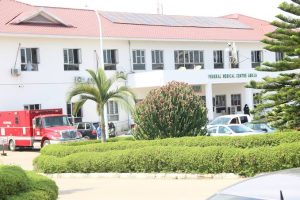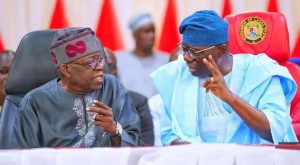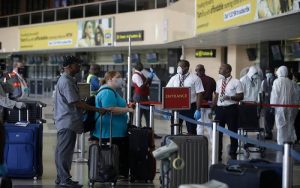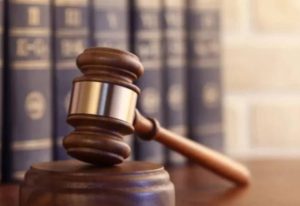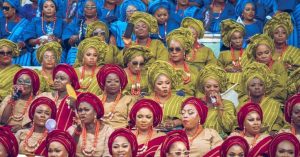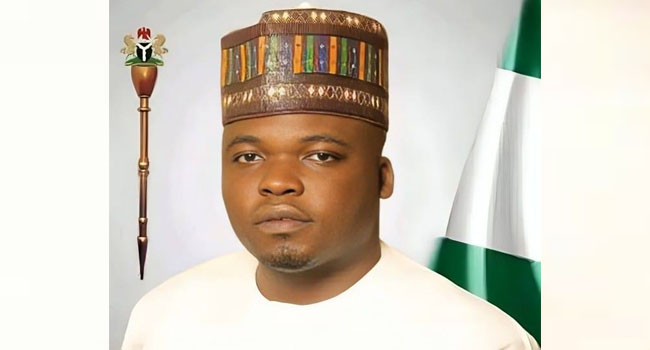
The Labour Party (LP) has lost another key member as Alfred Illiya Ajang, representing Jos South and East Federal Constituency, officially defected to the All Progressives Congress (APC).
Ajang’s defection was announced during Thursday’s plenary session of the House of Representatives, with Speaker Tajudeen Abbas reading his resignation letter. Ajang attributed his decision to the ongoing crisis within the Labour Party, which he claimed has hampered its functionality and vision.
Rowdy Session in the House
The announcement sparked a heated debate among lawmakers. Minority Leader Kingsley Chinda challenged the validity of Ajang’s letter, arguing that it did not adhere to the House’s constitutional requirements. Chinda stated that members intending to defect must first consult their constituents and party members, a process he claimed Ajang had not followed.
Despite the objection, Speaker Abbas dismissed Chinda’s concerns and proceeded with the announcement.
High-Profile Support for Ajang’s Defection
Former Minister of Labour and Employment and current Senator Simon Lalong, representing Plateau South Senatorial District, was present at the House to support Ajang’s defection. The House had earlier suspended its rules to admit Lalong into the session.
Ajang’s move follows a pattern of recent defections from the Labour Party to the APC. Dalyop Chollom, representing Barkin Ladi/Riyom Federal Constituency, also switched allegiance to the APC just days earlier, citing similar concerns over internal conflicts within the LP.
A Growing Trend
The Labour Party has faced a series of defections in recent weeks, with at least four lawmakers leaving for the APC, including Chollom. These moves have weakened the LP’s position in the National Assembly and bolstered the APC’s dominance.
Legal Threats from the Labour Party
In response to the defections, the Labour Party has threatened legal action, arguing that the actions of its former members are unconstitutional. LP leaders maintain that defections not based on party division or crises recognized by the Independent National Electoral Commission (INEC) violate Nigeria’s electoral laws.

